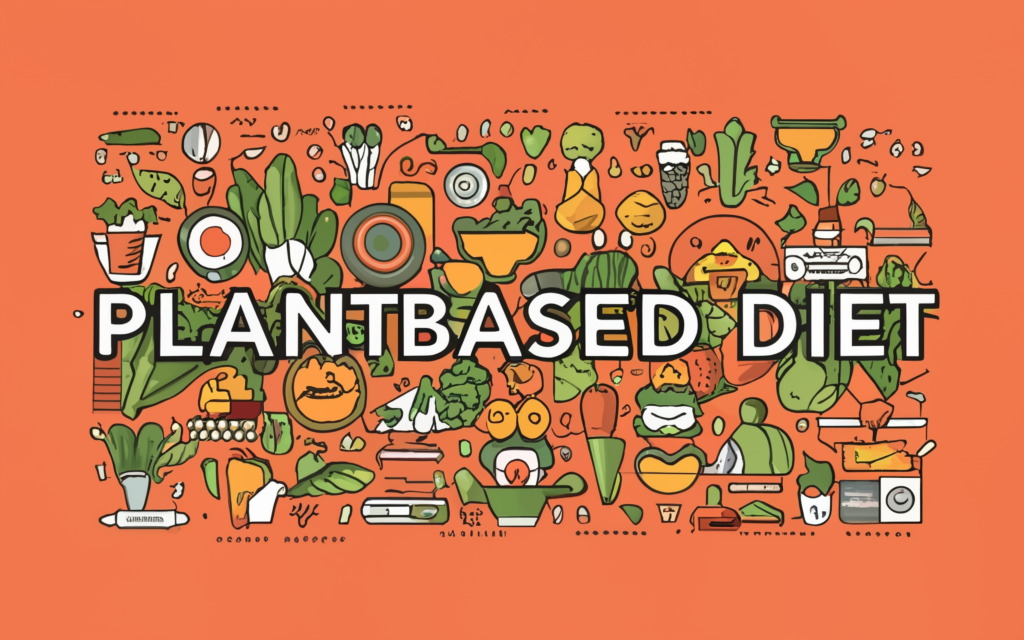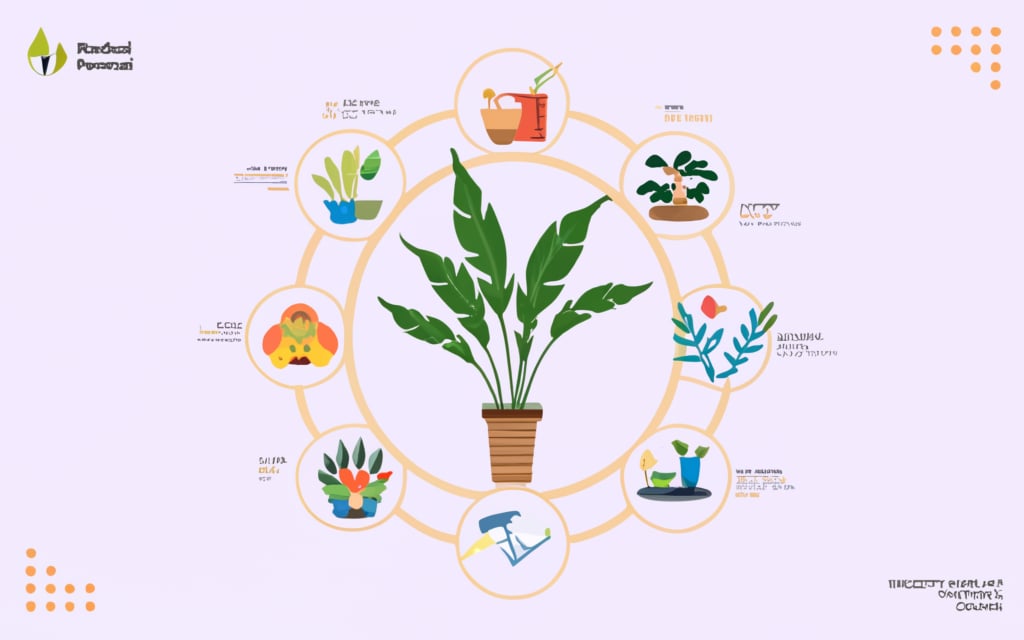Table of Contents
In recent years, the plant-based diet has gained significant traction as more people recognize its myriad health benefits. This dietary approach, which emphasizes consuming primarily plant-derived foods, offers a sustainable and nutritious way to enhance overall well-being. Whether you’re considering transitioning to a plant-based diet or simply curious about its advantages, this comprehensive guide will delve into the key benefits of embracing this lifestyle.

What is a Plant-Based Diet?
This includes vegetables, fruits, nuts, seeds, oils, whole grains, legumes, and beans. While it may exclude or limit animal products, it is not necessarily a vegan or vegetarian diet. Instead, it prioritizes plant foods as the central part of one’s meals.
Top Benefits of a Plant-Based Diet
1. Improved Heart Health
Foods like fruits, vegetables, whole grains, and nuts are high in fiber, antioxidants, and healthy fats, which help reduce inflammation and lower cholesterol levels. Research has shown that individuals who follow a plant-based diet have a lower risk of developing heart disease, hypertension, and stroke.
2. Weight Management
Adopting a plant-based diet can be an effective strategy for weight management. Plant-based foods are generally lower in calories and higher in fiber, which helps you feel full longer and reduces overall calorie intake. Studies have demonstrated that people who follow plant-based diets tend to have lower body mass indexes (BMIs) and reduced rates of obesity.

3. Better Digestive Health
The high fiber content in plant-based foods supports healthy digestion. A diet rich in fruits, vegetables, and whole grains can improve digestive health and reduce the risk of digestive disorders, such as irritable bowel syndrome (IBS) and diverticulitis.
4. Reduced Risk of Chronic Diseases
A plant-based diet is associated with a lower risk of several chronic diseases, including type 2 diabetes, certain cancers, and metabolic syndrome. The antioxidants and phytochemicals found in plant foods help protect cells from damage and reduce inflammation, which are key factors in the development of chronic illnesses. By prioritizing nutrient-dense plant foods, you can significantly lower your risk of these conditions.
5. Enhanced Longevity
Research suggests that people who follow plant-based diets may enjoy longer lifespans. The abundance of vitamins, minerals, and antioxidants in plant foods contributes to overall health and longevity. Additionally, plant-based diets are linked to lower risks of mortality from cardiovascular disease and cancer, which are leading causes of death worldwide.
6. Environmental Benefits
Beyond personal health, adopting a plant-based diet has positive implications for the environment. The production of plant foods typically requires fewer resources, such as water and land, and generates lower greenhouse gas emissions compared to animal agriculture. By choosing plant-based options, you can contribute to a more sustainable and eco-friendly food system.
7. Improved Mental Health
Emerging research indicates that a plant-based diet may benefit mental health. Nutrient-rich plant foods, such as leafy greens, berries, and nuts, are packed with vitamins and minerals that support brain function. Diets high in these foods have been associated with a reduced risk of depression and cognitive decline.

Practical Tips for Transitioning to a Plant-Based Diet
1. Start Gradually
Transitioning to a plant-based diet doesn’t have to be an overnight change. Start by incorporating more plant-based meals into your weekly routine. Replace one or two animal-based meals with plant-based alternatives and gradually increase this number over time.
2. Experiment with New Recipes
Exploring new recipes and cooking techniques can make the transition more enjoyable. There are countless plant-based cookbooks and online resources that offer delicious and creative meal ideas. Experimenting with different cuisines can also introduce you to a variety of plant-based ingredients and flavors.
3. Focus on Whole Foods
Aim to base your diet on whole, unprocessed plant foods. Minimize the consumption of processed foods, even if they are plant-based, as they can be high in added sugars, unhealthy fats, and sodium. Prioritize fresh fruits, vegetables, whole grains, legumes, nuts, and seeds.
4. Ensure Nutrient Adequacy
While a plant-based diet can provide all essential nutrients, it’s important to plan your meals carefully to avoid deficiencies. Consider fortified foods or supplements if necessary, and consult with a healthcare provider or a registered dietitian for personalized guidance.
5. Connect with a Community
Joining a community of like-minded individuals can provide support and motivation during your transition. Online forums, social media groups, and local meetups can offer valuable resources, recipe ideas, and encouragement from others who share your dietary goals.
6. Stay Informed
Stay updated on the latest research and information about plant-based nutrition. Scientific understanding of nutrition is continually evolving, and staying informed can help you make the best choices for your health and well-being.

Conclusion
Adopting a plant-based diet offers a multitude of benefits for both your health and the environment. From improved heart health and weight management to a reduced risk of chronic diseases and enhanced mental well-being, the advantages of embracing plant-based eating are compelling. By making gradual changes and focusing on whole, nutrient-dense foods, you can enjoy a healthier lifestyle and contribute to a more sustainable planet. So, take the first step towards a plant-based diet and experience the transformative benefits it can bring to your life.
